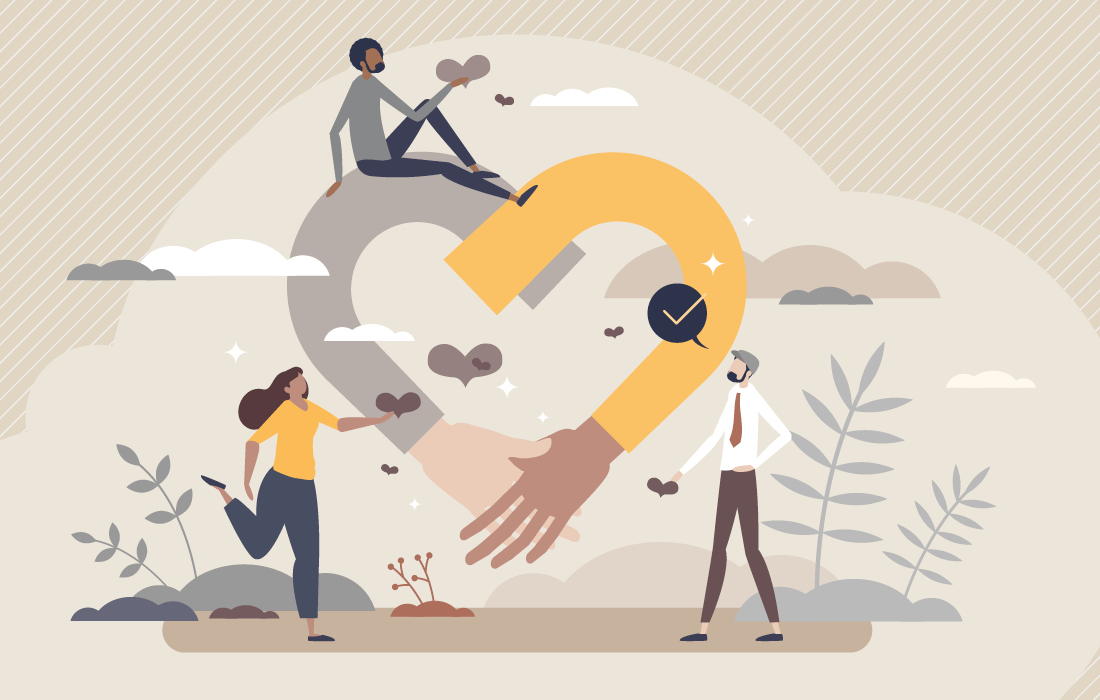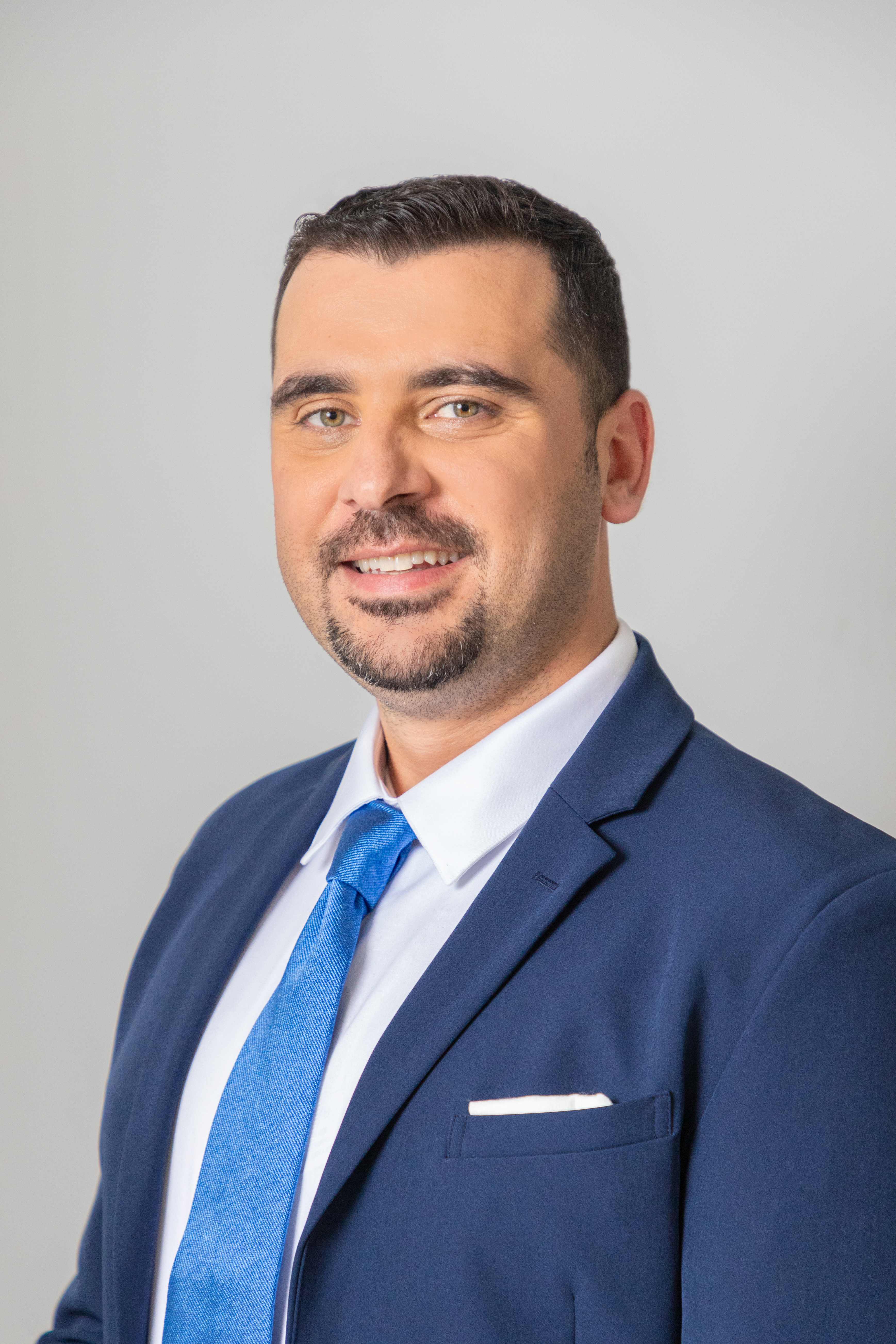My View: Empathy: The human skill that sets us apart


In a world filled with surface-level skills and scripted interactions, empathy remains one of the few traits that separates someone who simply hears you from someone who truly feels your story. We’ve all heard phrases like ‘How can I help you?’ taught in communication courses, leadership workshops and customer service scripts. But you can always tell the difference between someone who says it because they mean it and someone who just memorized the line.
Let’s agree on this before we go further: Empathy is not weakness. It’s not a luxury. And it’s not purely instinctive. It’s a skill. One that starts from within and grows through awareness, intention and consistent effort.
But let’s be real. Not everyone can build it. Many people are held back by internal barriers that disconnect them from this depth of human connection.
What gets in the way?
• Ego: When someone sees themselves as superior to others, it becomes nearly impossible to acknowledge someone else’s pain as valid.
• Entitlement: Feeling constantly “deserving” or “right” can blind you to the struggles of others. It kills curiosity and compassion.
• Fear of vulnerability: Some avoid empathy because they believe it makes them appear weak, especially if the other person has hurt them before.
• Lack of self-awareness: If you can’t name your own emotions, how can you understand anyone else’s?
• Cultural conditioning: In environments where emotions are ridiculed or dismissed, empathy is seen as a flaw, not a strength.
• Emotional exhaustion: Chronic stress numbs your responses. It’s not always because you’re cold, sometimes you’re just depleted.
• Past betrayals: When empathy once led to regret or being taken advantage of, people often retreat into emotional silence and self-protection.
So how do we overcome these barriers?
There’s no magic fix, but there are real, intentional steps toward rebuilding your capacity for empathy:
• If ego is your obstacle, practice intentional humility. Let someone younger teach you something. Disrupt the image of always being the smartest person in the room.
• If entitlement clouds your perspective, remind yourself: everyone carries a hidden struggle. Your journey is different, not better.
• If you see vulnerability as weakness, know this: the strongest people are often those who can stand with someone else’s pain, not just their own success.
• If you struggle to name your feelings, try this exercise I started over a decade ago and now teach others: write down your thoughts during moments of anger or joy. Note what you felt and how you reacted. Revisit your notes every now and then. That's how you build emotional awareness, one layer at a time.
• If you were raised to hide emotions, challenge that narrative. Defend someone being ridiculed. Support someone expressing pain, even if you don’t fully understand it.
• If you’re emotionally exhausted, rest. You can’t offer presence when you’re barely holding yourself together.
• And if you’ve been hurt for showing empathy, build healthy boundaries. Empathy is not martyrdom. You can be compassionate without being consumed.
Some people master emotional intelligence, but still come across as cold. Why?
Because they memorize the lines, but they don’t embody the feeling. They listen, but their hearts stay locked. They talk about empathy, but they don’t believe in it deeply enough for it to be real. And that’s why even the most polished behavior can feel fake.
Real empathy isn’t performed. It’s built.
Brick by brick. Internally first, and then externally in how we show up for others.
Empathy means understanding emotions you’ve never felt, caring about experiences you’ll never live, and choosing to protect someone’s dignity even if you disagree with them. It’s not just for family or the vulnerable. It’s for every human being, even the one who wronged you, even the one who doesn’t look, speak, or think like you. Even yourself. Because those who are harsh with themselves will inevitably be harsh with others. But those who make peace with their own fragility will naturally make space for others to be human too.
Empathy isn’t perfection. It’s awareness in balance. It knows how to care without collapsing, how to listen without disappearing, how to protect without losing yourself in the process.
So how do we build true empathy?
You don’t need to be “a sensitive person.” You need to be an honest one , honest with yourself.
Start here:
- Reflect on how people respond to you, not just how empathetic you felt. Did they open up? Seem calmer? Or did they shut down? You won’t always know for sure, but patterns speak louder than intentions.
- Practice listening without rushing to fix. Your goal isn’t to repair the moment. It’s to hold space for the emotion.
- Pay attention to how you respond to people who are different from you. Do you judge them? Do you minimize their pain? That’s where your empathy ends — or begins.
- After every difficult conversation, ask yourself: Did I listen? Did I make this person feel safe? Or was I just trying to win?
- Set your intention not to impress but to understand. When your goal is connection, not performance, everything changes.
Not everyone will develop deep empathy. But anyone who’s willing to learn, to be humbled, and to confront their own resistance can evolve. Empathy isn’t just a line you say. It’s an inner presence that speaks even when you’re silent.
And from the heart, as I was writing this article, I realized that while I had long understood the difference between sympathy and empathy, my own understanding was still evolving. I had always spoken about compassion as something positive, but through this process, I came to see it as the level beyond empathy. Compassion is the ability not only to feel for someone, but to extend a hand of help, even if that person is far away, even if you’ve only heard their story from another place, even if you will never meet them. It’s in this shift of attitude that we create true impact: by spreading awareness, helping those around us, and protecting the dignity of people we may never know. That is the deeper journey from empathy to compassion, and it is one worth taking together. But through this process, my understanding grew deeper. And this is the beauty of knowledge, for knowledge is light.
Muhalab Al Sammarraie, D.D.S., is the site dental director at AltaMed Health Services in Los Angeles.



